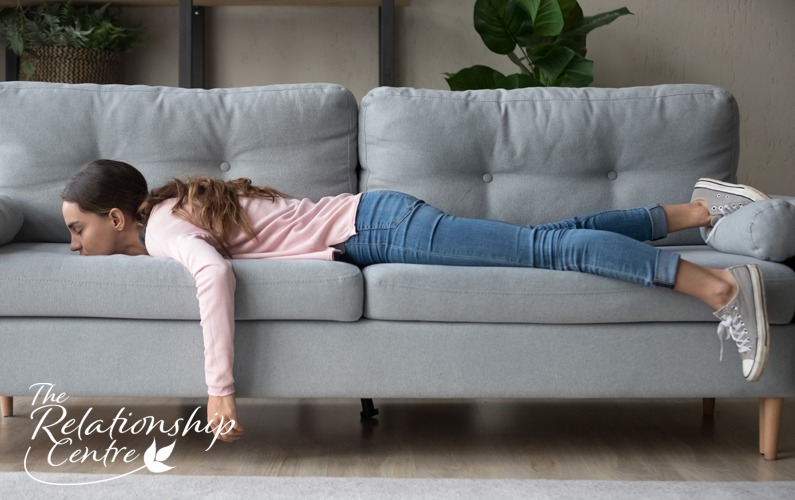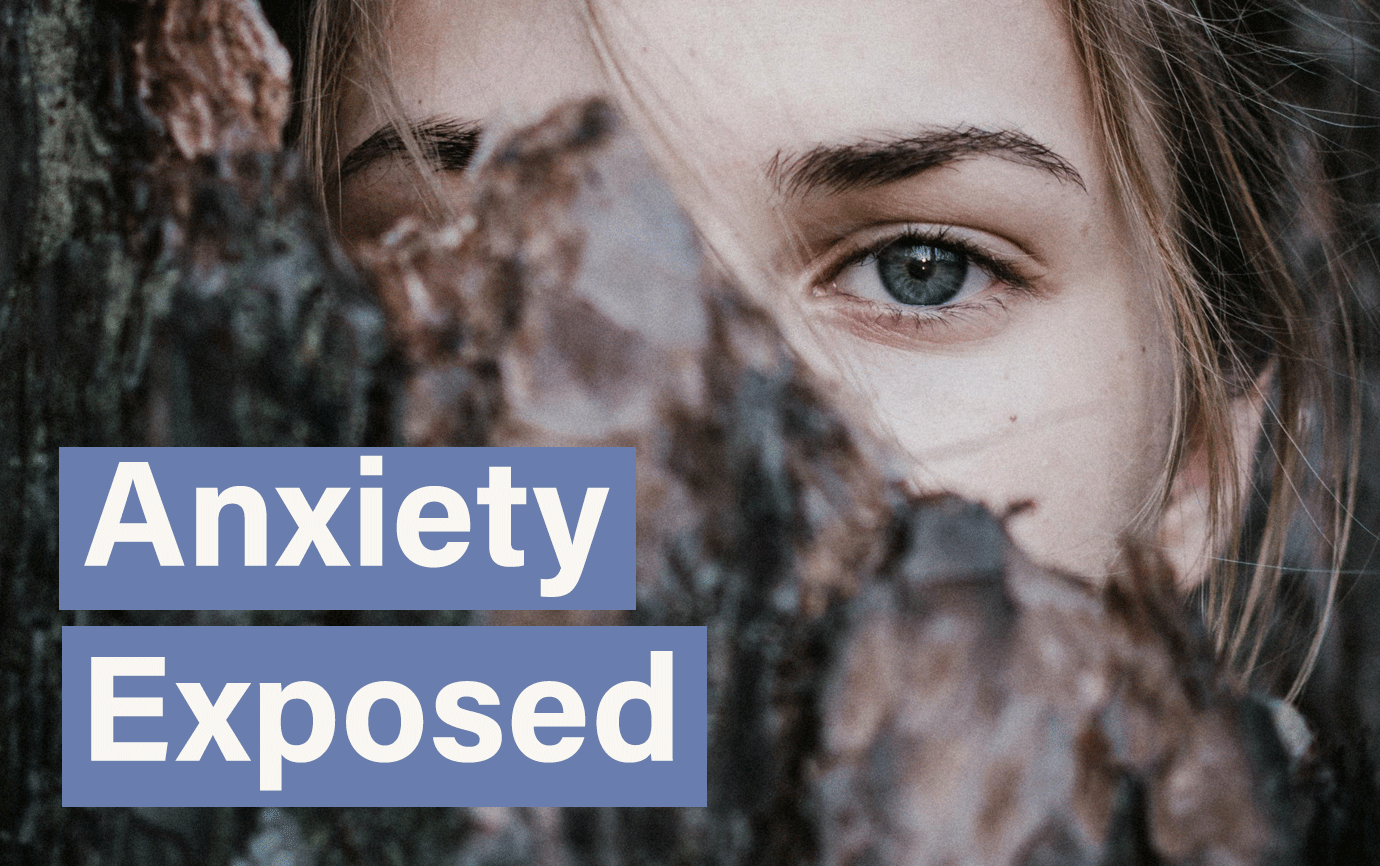We are a nation of tired people.
Many adults suffer from some type of sleep problem – too little sleep, broken sleep or poor quality sleep – leaving us exhausted.
The impacts of poor sleep are significant:
- Increased irritability
- Reduced pain threshold
- Poor memory and concentration
- Increased blood pressure
- Reduced immune system
- More prone to getting sick
- Increased severity of conditions such as diabetes and obesity
- Increased experience of anxiety
- And generally feeling rough
Know the Basics
Falling asleep as soon as your head hits the pillow is not proof that you are a good sleeper. It is more likely an indication that you are sleep deprived. In general, it takes 10-20 minutes to drift off. If falling asleep is a challenge, check your bedtime routine with our article on The Top 10 Tips to Get the Sleep You Need.
Middle of the night waking, although annoying, is not a cause for panic. If it happens to you, roll over and go back to sleep. If you are unable to fall asleep after 10-15 minutes you need to get out of bed. If you lie in bed awake, you could develop a new problem – your bed becomes a trigger for anxiety making it even more difficult to fall asleep.
When you get up, go to another room and do something you enjoy, that is not too engaging and that does not involve a screen. Reading a physical book (as opposed to reading a book on a device) with just enough light on to see is a great option. Once you start to get cool and drowsy, head back to bed.
If occasional night waking becomes a regular pattern, it is recommended you devote two weeks to an improved sleep hygiene routine. It is estimated that good sleep hygiene strategies will solve roughly 25% of sleep issues. If you are not seeing improvements after two weeks, it may be time to reach out to a sleep specialist or consult your doctor.
How Much Sleep Do We Really Need
Toddlers require up to 14 hours of sleep a night while a 9-year old needs as much as 12 hours. Making sure kids get all the sleep they need is crucial for brain development and socialization. The teenage brain is very much a developing brain and needs 8-10 hours of sleep. Teens shifting sleep patterns characterized by a later bedtime creates some challenge as they cannot get up for school and get the sleep they need for optimal development and functioning. If you have raised a teen, or remember being one yourself, you can attest to the impact of getting too little sleep when you are required to start the day at 6:00 or 7:00 am to be ready for school.
And for adults, all adults need 7-8 hours of sleep nightly.
Adults in their mid-to-late 20’s have the most flexibility. A healthy young adult is able to recover quite well from inconsistent sleep. They can indulge in late-night events and still go to work and function reasonably well the next day. But sadly, this doesn’t last – by our 40’s; we start to lose our capacity to recover quickly from inconsistent sleep.
It is often assumed that older adults require less sleep. That is not the case. People over 65 still need 7-8 hours. Their sleep patterns often change as they are no longer required to follow a traditional workday or their kid’s school schedule. Older adults may assume sleep issues are simply a by-product of age however, the primary threat to sleep later in life is physical or psychiatric illnesses and the medications used to treat them. If you are an older adult and your sleep is suffering, it could be related to a treatable condition and seeking help may result in improved sleep.
Reach for Your Dreams
Dreams have an important function in developing healthy sleep patterns. It is believed that REM/dream sleep facilitates memory consolidation and mood regulation. So when you are deprived of sleep and in particular REM/dream sleep, you are more likely to focus on the negative which may increase the risk for depression and anxiety and diminish your resilience.
If you are sleep deprived, you are most likely dream deprived too.
Those with sleep apnea or insomnia likely have disrupted REM sleep and using alcohol, cannabis, and some medications may do the same.
Alarm clocks are also dream-killers – it is like turning the lights on and shutting off the movie 10 minutes before it ends. When possible, it is best to wake on your own not to disrupt your dream-time.
Build a Better Night
Creating a calming bedroom can help restore healthy sleep. It is important to control natural and artificial light – that means window coverings and no screens. I know many people enjoy watching t.v. or engaging with their phones or tablets in bed, however the stimulation to the eye and brain is telling it to wake up, not go to sleep.
And a good mattress is also important. Older mattresses break down and become less supportive. They also accumulate a tremendous amount of allergens over the years that can further disrupt sleep.
Good sleep is required for good mental health. If you are not sleeping, it is impossible to feel well and cope well. We have therapists who specialize in helping people achieve better sleep. Reach out if you would like to improve your sleep.
by: Mary Joan Brinson MSW, RSW










